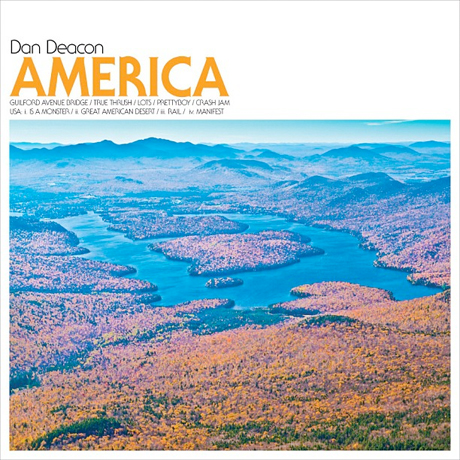 When I first heard Autre Ne Veut’s single “Play by Play” I was hooked. I listened to it on repeat all week and constantly insisted that friends listen to it. Now that the album has dropped, it just means I have ten tracks to feel the same way about.
When I first heard Autre Ne Veut’s single “Play by Play” I was hooked. I listened to it on repeat all week and constantly insisted that friends listen to it. Now that the album has dropped, it just means I have ten tracks to feel the same way about.
Autre Ne Veut is the recording project of a solitary, highly ambitious Arthur Ashin, whose second full-length provides a wonderful ride through soundscapes of perfectly constructed beats, R&B dramatics, and experimental interruptions. Autre Ne Veut’s information on Facebook reads a simple three word phrase: “Prince of Falsehoods.” An extremely apt descriptor, but Ashin is only false in the sense that he isn’t, of course, actually the famed R&B-pop musician; musically Anxiety triumphs and is as true as one could hope.
The album’s most immediately convincing tracks are right up front in its two singles, the aforementioned “Play by Play” and “Counting.” Epic and sprawling, they’re undeniable—sensory overload from the first moment. And although the album then branches out into tracks that work their magic in divergent ways, each remains significant and memorable. For example, staccato, machine-gun snares and claps backed by busy synths and loops on “Promises” aren’t as epic as the openers, but are no less catchy. “Ego Free Sex Free” feels more traditionally R&B and includes some background loops that make it feel like a current hip-hop radio hit. Ashin’s rougher edge and daring decisions keep the track fresh and intriguing to avoid the sterility of over-processed R&B pop. The preceding two sentences also apply to “A Lie,” the album’s first slow song, which possesses an infectious groove.
As I write, I realize that the album has the same effect on the construction of this review that it has on me as a listener; I just can’t stop. In trying to encapsulate everything happening musically, all the points of reference, you lose all control of yourself like a twenty-something out for a night of dancing with the girls after a particularly stressful workweek. But why fight it? This just feels too good.
Continuing to employ these tools of excellent, soulful synth pop, the album moves through its thirty-eight minutes all too quickly, closing with the somewhat tempered croon of “World War.” However, in its sparse moments I’m aware of just how emotively Ashin sings throughout the record. In focusing on the album’s sonic qualities, including some of the best beats produced in recent memory, it’s easy to lose track of what is always important to R&B—raw, emotional power. Ashin sings wildly, without inhibition, as if everything depends on each word and note.
Anxiety is a tremendous achievement—a magnum opus to neo-R&B and synth pop, rewarding both aesthetically and thematically. Each track makes a powerful statement and those music-wise will be listening.










